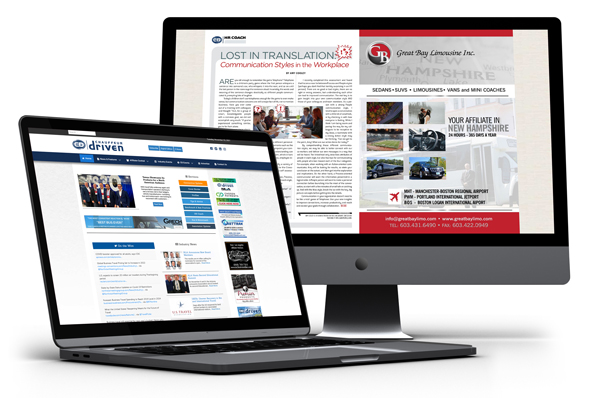
Chauffeur Driven magazine is the turn to resource of the limousine and chauffeured ground transportation industry. A visually dynamic publication led by a team of experienced and respected professionals and a roster of knowledgeable and well-informed contributors, Chauffeur Driven provides readers with insightful editorial, new paths to success, and real-world solutions to reflect the changing business landscape in the 21st century.
Download the CD Media Kit for details and information about our print and digital media opportunities.
2026 Media Kit
2026 Media Kit



